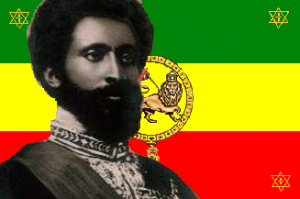 Reggae, music popularized around the world by its icon Bob Marley, was inscribed today on the list of Intangible Cultural Heritage of Humanity by a specialized UNESCO Committee meeting in Port-Louis, Capital of the Island Mauritius. Unesco stressed “the contribution” of this Jamaican music to international awareness “on
Reggae, music popularized around the world by its icon Bob Marley, was inscribed today on the list of Intangible Cultural Heritage of Humanity by a specialized UNESCO Committee meeting in Port-Louis, Capital of the Island Mauritius. Unesco stressed “the contribution” of this Jamaican music to international awareness “on
issues of injustice, resistance, love and humanity, and its dimension both “cerebral, socio-political, sensual and spiritual “. Reggae, which was nominated by Jamaica, emerged in the late 1960s. and rocksteady, he also incorporated jazz and blues influences from America. Music quickly became popular in United States and United Kingdom, imported by the many Jamaican immigrants after the Second World War. It has often claimed as the music of the oppressed, addressing social and political issues, prison and inequalities.
Reggae is inseparable from Rastafarianism, a spiritual movement that sanctifies the Ethiopian Emperor Haile Selassie and promotes the use of ganja, or marijuana. In 1968 the song “Do the Reggay” by Toots and the Maytals was the first to use the name of reggae, which has been a great success worldwide thanks to classics of Bob Marley and his band
the Wailers as “No Woman, No Cry” and “Stir It Up.” “Reggae is exclusively jamaican,” commented Olivia Grange, the Minister of Culture of this Caribbean island, before the vote. “It’s a music we’ve created that has penetrated
worldwide”.
